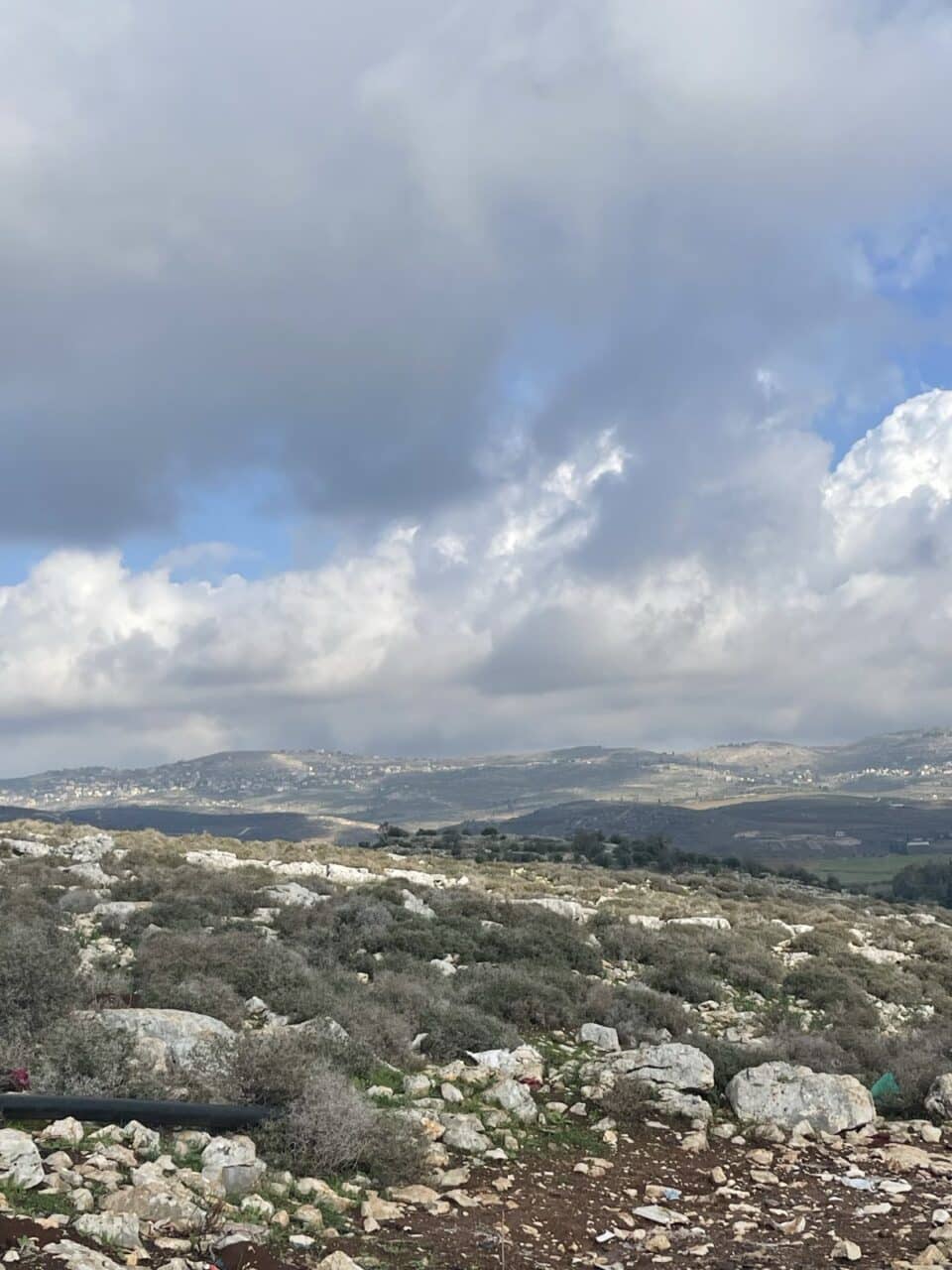Tag: Nablus
-

Israeli Security Escalation in Nablus
West Bank – NablusBy Diana khwaelid What is Israel doing in the West Bank, and what is it seeking to achieve?Israeli occupation forces raided the city of Nablus and deployed in the Old City at the center of town in the early hours before dawn. The escalation began after Palestinians discovered the presence of Israeli…
-

Activist journal: attack on Deir Sharaf
Thursday the 9th of January was a bad day for the community of Deir Sharaf. It started around 13:30 when masked settlers were seen from the house of a family that had already been brutally attacked in November. From their house there’s a view of two hills and a group of settlers, between 12 and…
-
What Does Israel Want in The West Bank?
Northern West Bank By Diana Khwaelid Israel is carrying out massive military operations to displace residents of camps in the northern West Bank, unprecedented since the Second Intifada. Since the seventh of October, Israeli attacks on West Bank cities, especially in the north, have not stopped. We are talking about the cities of Jenin, Tulkarm, Tubas,…
